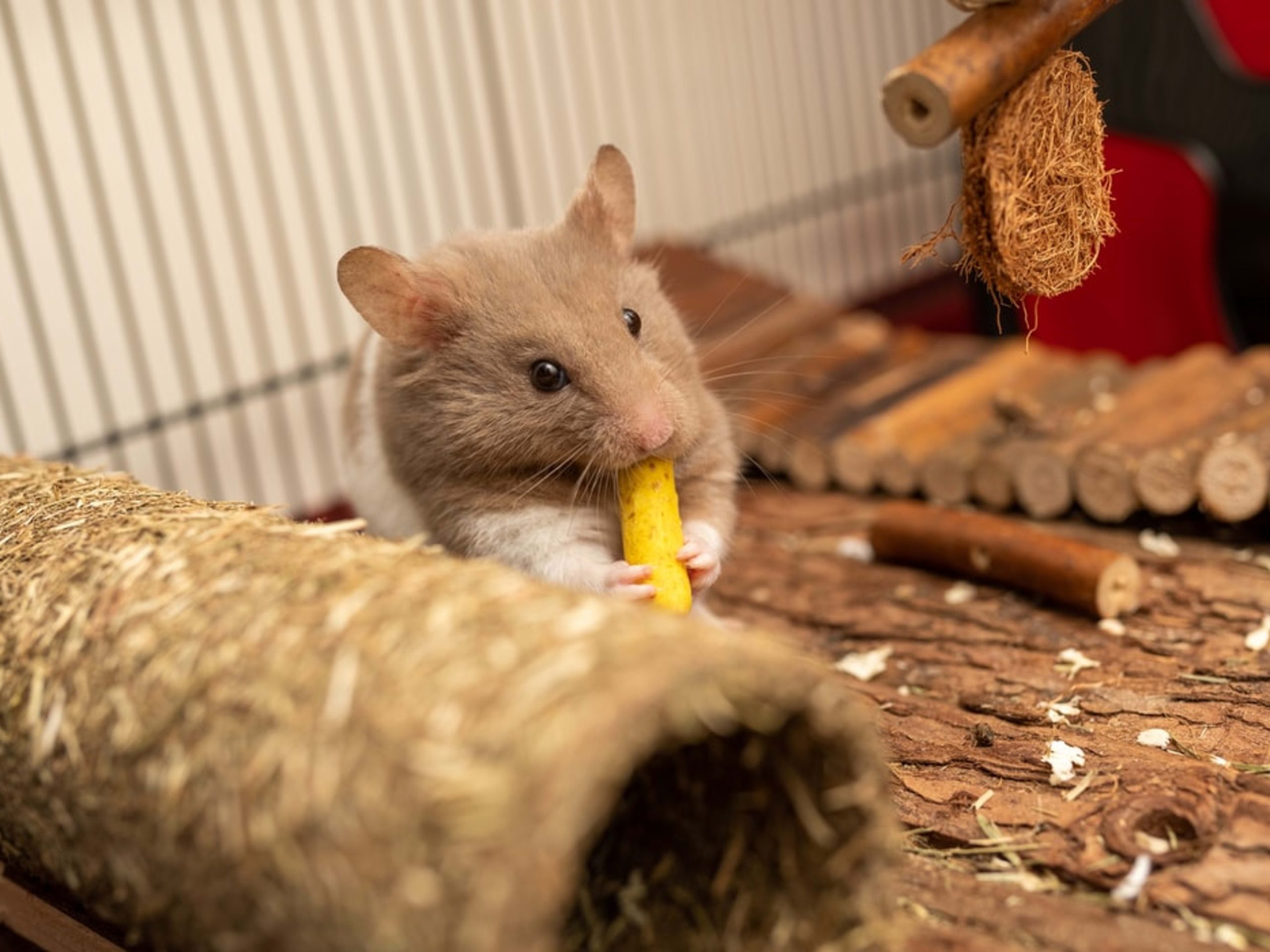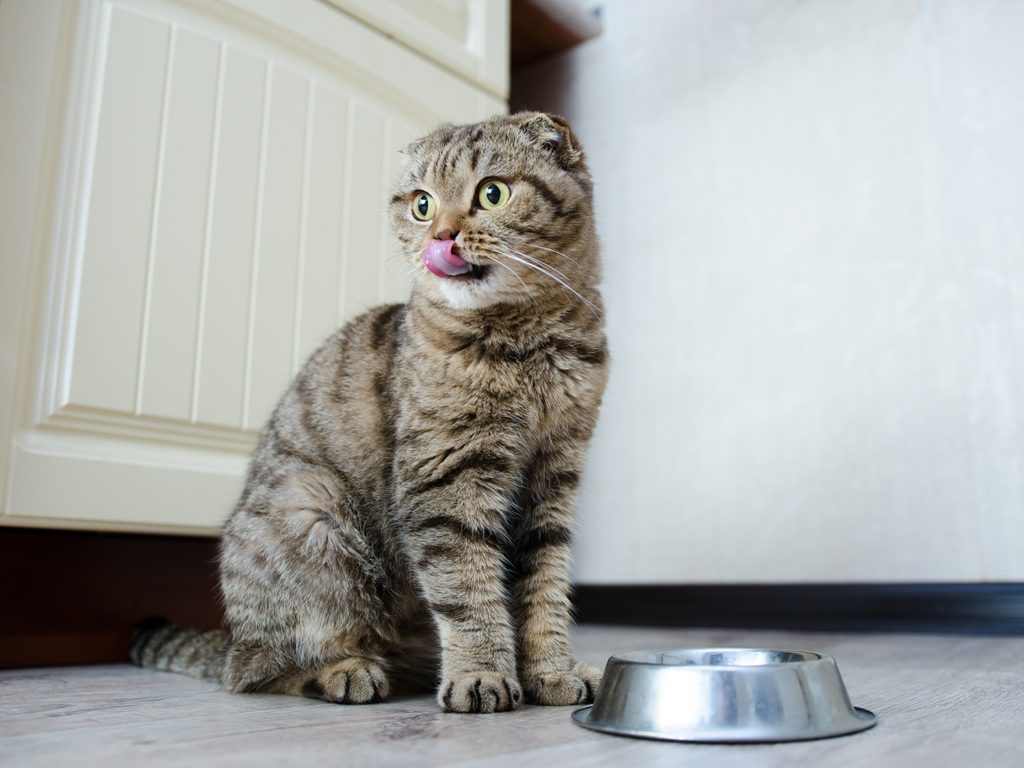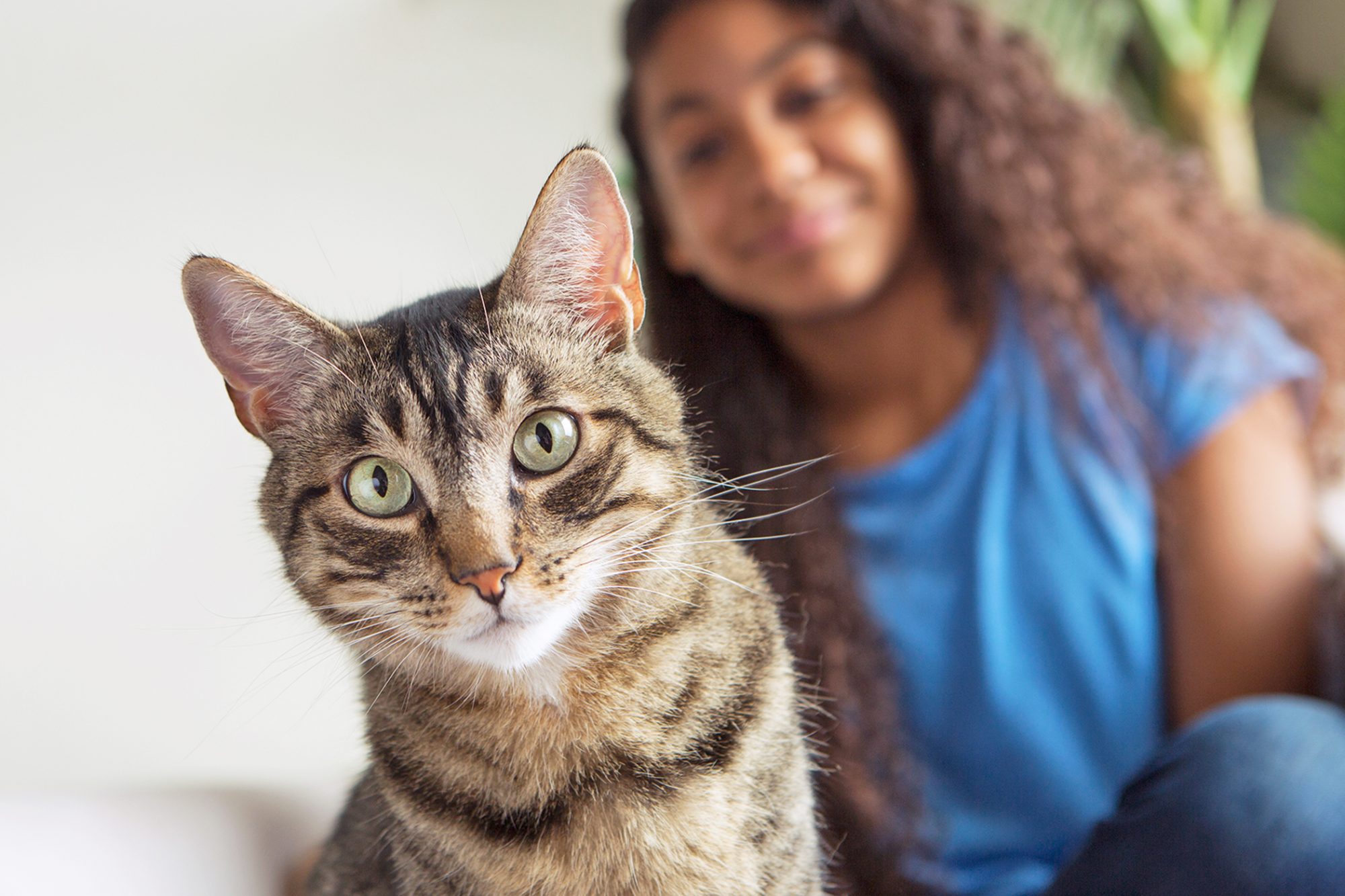Expert Tips for Choosing the Best Diets for Pet Rodents
Pet rodents’ general well-being and contentment depend on their correct nutrition. Finding the best food that meets the demands of their small furry pals can be difficult for many pet owners. The Science Selective site is one excellent tool for finding premium food choices, as its range of precisely crafted meals may support pet rats’ thriving. Choosing the ideal diet for your pet requires knowledge of their particular demands and selection of foods that complement their natural instincts and health maintenance.
Understand Their Natural Diet
Wild rodents usually eat a mix of natural things, including seeds, veggies, fruits, and others. To make sure your pet remains healthy, it’s crucial to emulate this natural diet as near as possible. Rats, for example, could require a larger spectrum of components, while animals thrive on diets heavy in fiber materials like hay. Studying the food of your pet’s wild relatives can help you to make better decisions. Websites such as Science Selective site provide goods meant to give your pet a more organic, species-appropriate diet.

Choose High-Quality Ingredients
Choosing good quality, fresh components is really vital while choosing food for your pet rodent. Diets with artificial hues, preservatives, or fillers should be avoided since they can harm your pet’s general health and digestive tract. Seek food abundant in necessary natural components such as fresh hay, seeds, and veggies. Choosing high-quality, carefully designed meals guarantees your pet gets the finest possible nutrition free of dangerous ingredients that might promote long-term damage.
Consider Their Activity Level and Size
Your pet’s shape and level of action will determine how much food it needs. A less active, older pet may not need as much food as a very active pet rodent, such as a young animal or a rat. Monitoring their activity and changing their portion amounts accordingly helps one to know. Health issues could result from overfeeding or underfeeding. Knowing how much food your pet needs will assist in keeping a balanced diet and stopping starvation or obesity.
Rotate Their Diet for Variety
Like people, mice can become tired of the same meal daily. Occasionally rotating their diet with various acceptable fruits, veggies, and food types can help give them a spectrum of nutrients and maintain the enjoyment of their meals. Providing various foods guarantees they receive a range of good substances that support their general health and helps to avoid monotony. But, to prevent intestinal discomfort, be certain to include new meals progressively.
Keeping your pet rodent happy and healthy depends on your choice of diet. You can make sure your furry buddy flourishes by examining their natural diet, emphasizing high-quality components, changing servings according to activity level, and providing diversity.



